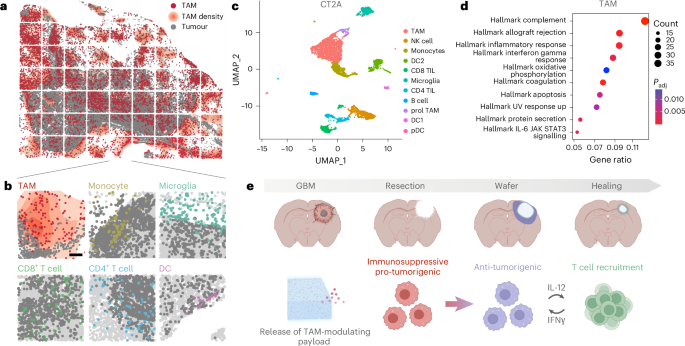Can Azelastine nasal spray really protect against catching a case of COVID?
Here’s an excerpt from this month’s Covidlandia run down I just sent out to my peeps:
~
“I was really excited by this study, and overall remain optimistic that azelastine nasal spray (available by prescription and OTC) has a place at the table of possible ways to reduce transmission a bit.
It is a randomized controlled trial, considered the only thing that matters to certain randos. But still!
Published in JAMA Open Network two days ago, the CONTAIN Study was a randomized, double-blind, placebo-controlled trial evaluating azelastine nasal spray for preventing SARS-CoV-2 infections. The study included 450 healthy volunteers who received either 0.1% azelastine nasal spray or placebo three times daily for approximately 56 days. Normally people use the spray only twice daily for treatment of allergy symptoms.
Results
Azelastine significantly reduced SARS-CoV-2 infections by 67% compared to placebo (2.2% vs 6.7% absolute infection rate over 56 days). Secondary benefits included reduced symptomatic infections, longer time to infection starting, and shorter duration of viral positivity. The spray also demonstrated efficacy against rhinovirus infections and showed broader antiviral effects against multiple respiratory pathogens.
Nuance and Limitations
The study had several constraints affecting interpretation:
-
The modest sample size and low incidence of certain infections limited statistical power for subgroup analyses.
-
A key concern involves rapid antigen test limitations potentially leading to underreporting of infections, particularly in the azelastine group. Since azelastine may reduce viral load, infections with lower viral loads might go undetected by the less sensitive antigen tests, making azelastine appear more preventive when it might instead be making infections less detectable. However, this effect would still represent a benefit in my opinion – individuals with undetectable viral loads would likely have fewer symptoms and reduced contagiousness. High viral loads have also been associated with higher risk of Long Covid
-
Additionally, the placebo vehicle itself might have had protective effects through barrier-enhancing properties.
-
As a single-center trial in a mostly healthy, vaccinated population, generalizability to other settings may be limited.
Despite these limitations, the findings suggest azelastine nasal spray could serve as an accessible prophylactic strategy, though larger multi-center trials are needed for confirmation.
I would do that situationally. I have bad allergies anyway. Very safe medicine with limited systemic absorption, too.”
—-
Read the entire August in Covidlandia issue here if you want (via upgraded subscription).
Source link

